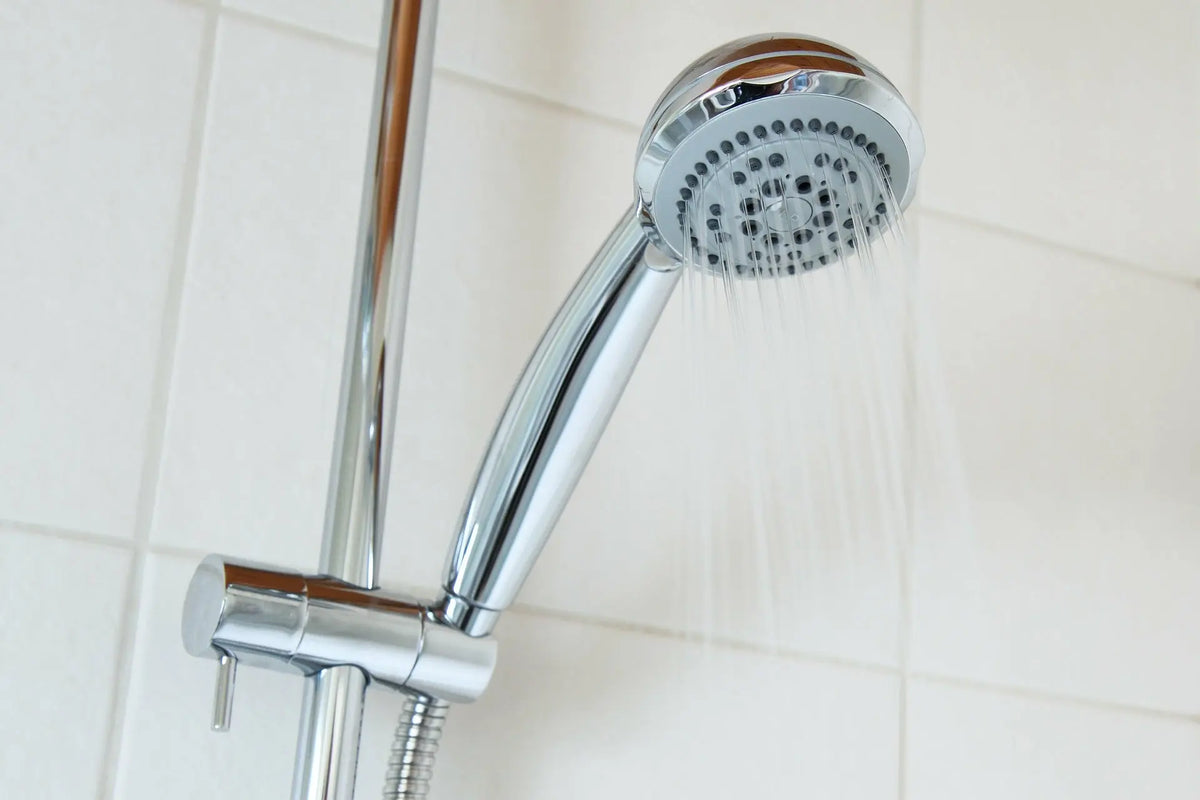
Let's End the Debate: Showering Before or After Bed?
|
Time to read 3 min
This store requires javascript to be enabled for some features to work correctly.
Written by: Bethany Gemmell
|
Time to read 3 min
It's a debate as old as the shower itself - what is cleaner, having a shower in the morning, or at night before bed? Should you have the time to choose, both have rather equal benefits and drawbacks. Showering before bed means you aren't getting your sheets dirty with your body after a day's activities. However, by morning, the sweat and bacteria accumulated from a long night's sleep will stay with you throughout the day. Showering in the morning does the opposite - giving a clean start to your day but providing a dirty sleep environment.
Obviously, if you are too busy to wash yourself at a time free of your choosing, you sort of have to admit defeat and accept such drawbacks. There is no point disrupting your whole routine to shower at a different time. This will likely cost you more benefits than you will gain. If you're free to choose when you can wash your body, you should consider what would benefit you the most. The time you pick, if chosen right, can bring many benefits to your day or beauty routine.
Showering can boost your mindset for the time of day of your choosing. Should you be a heavy sleeper that finds mornings difficult - a morning shower can help get you in the zone for the day. This can help shake off the grogginess of the night and start afresh.
Similarly, showering at night has similar, yet opposite effects. A shower as part of your nightly routine can help mentally separate your day and bedtime. It helps you "switch off" - no calls, no screens - just you in a more mindful setting. As we will go into, this form of mindfulness is the perfect headspace for those looking for an early night.
A warm shower can induce the sleep-wake cycle hormones that can help you fall asleep. Raising your body's temperature, according to a Harvard University study, can switch the signals in your brain that it's time to go to sleep soon. It is a clever way of manipulating your body's hormones into inducing a good night's sleep.
The sensation of quickly cooling down after a hot shower tricks your body into getting into a sleepy state of mind. A relaxing shower also helps reduce stress hormones that can keep us awake at night - a good way of tackling racing thoughts before bed, a common problem for many.
To do this requires good timing and temperature to reap its benefits. Showering too close to bedtime can be stimulating to the mind - especially if the temperature is too hot. Ideally, a shower should be approximately 90 minutes before bed.
If you have significant skin issues, or just want to step up your skincare routine, then consider showering at night. Not showering before bed means you may spend all night caked in various bacteria and dirt - which is a long time to go without cleaning it off.
This is especially true if you have allergies. Conditions such as hay fever can be worsened if you carry allergens such as pollen to bed with you. Other allergens, such as dust or pet hair, shouldn't be brought to bed with you either.
A night-time skincare routine can unlock many benefits when paired with a shower. The American Association of Dermatology states that the best time to apply skincare, such as moisturisers, are after recently washed skin. This is especially the case for those with dry skin. Starting your skincare routine after your shower will help you get the most out of your skincare products and help combat dry skin.
In general, it is best to do what works with your daily routine and what you need to maximise its potential. For those more flexible, the night time is the best time to shower. This is especially the case if you struggle to switch off from the stresses of the day. Showering at night can help you achieve peace and mind, and a more peaceful and better quality sleep. Night showers can even make you look better, thanks to its numerous beauty and skincare benefits.
Receive 10% off your first order when you subscribe to our newsletter




